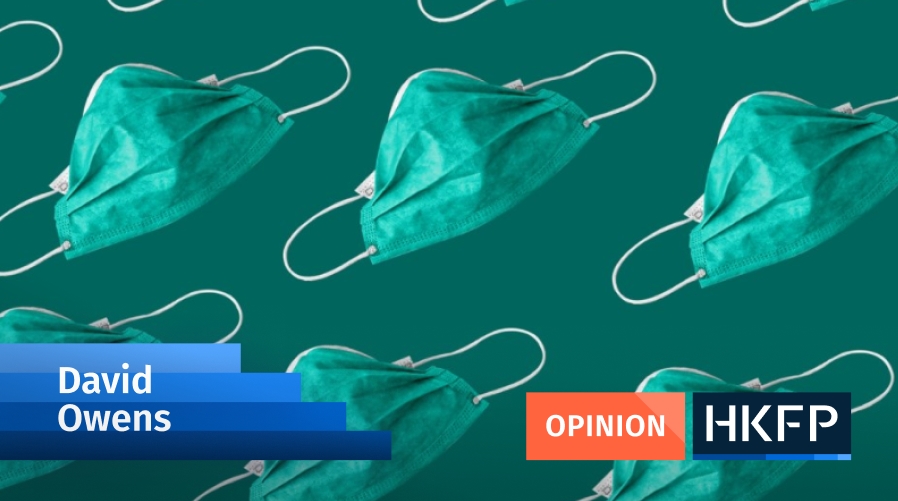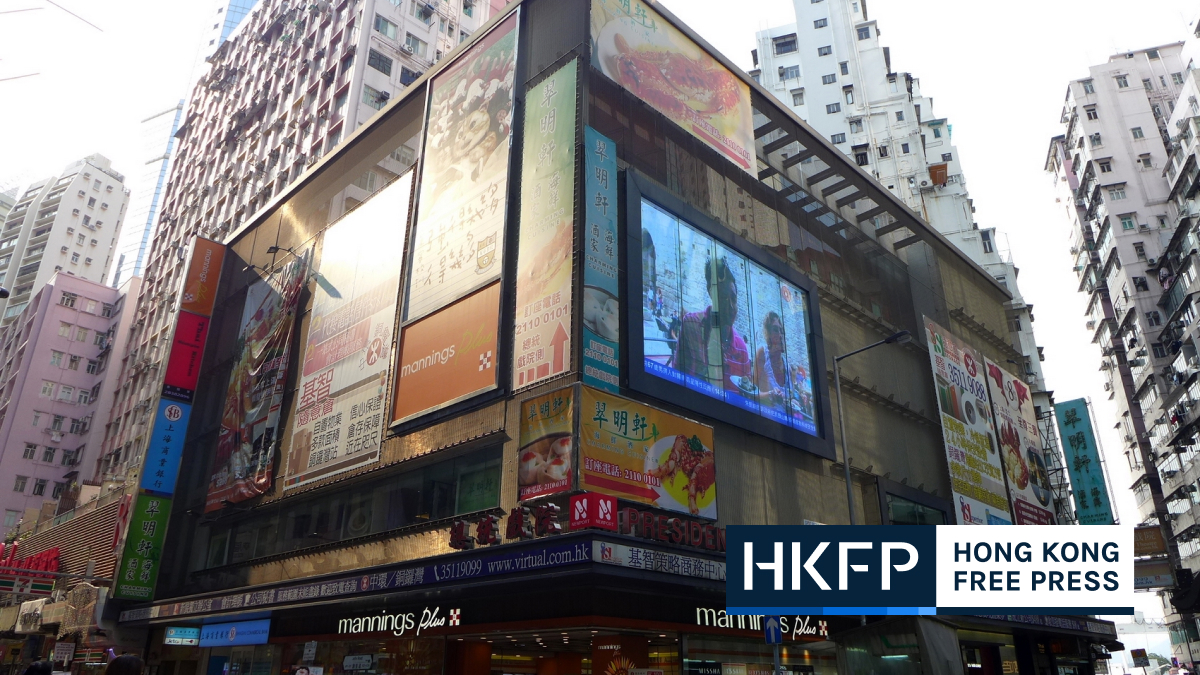Hong Kong will cut its hotel quarantine period for incoming arrivals to three days from Friday, following weeks of government officials and experts teasing a loosening to the city’s stringent Covid-19 travel rules.
Chief Executive John Lee announced the long-awaited relaxation at a press conference on Monday.
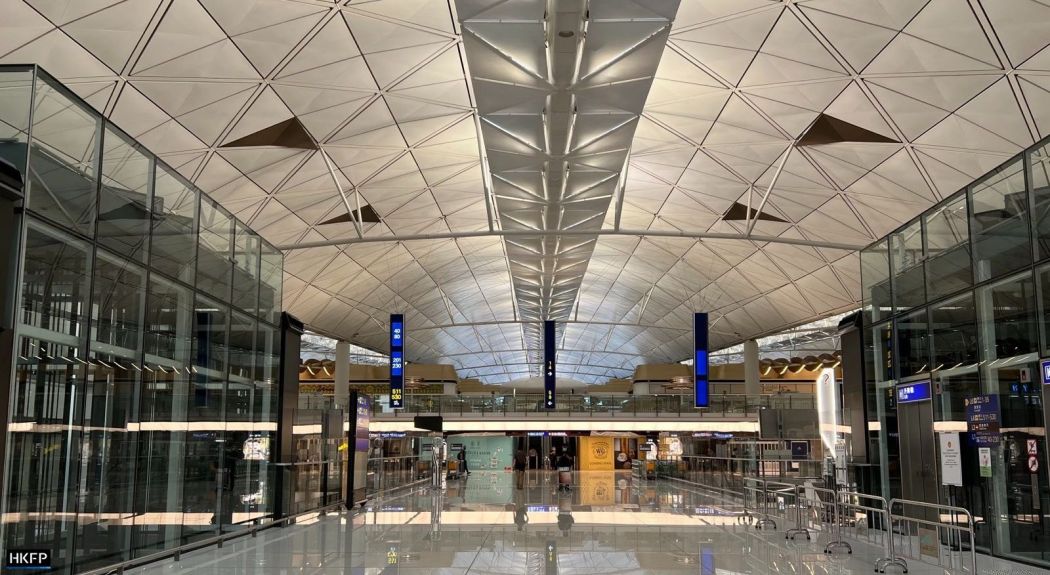
All arrivals must take a polymerase chain reaction (PCR) test on the day of their arrival, as well as on the second, fourth, sixth and ninth days.
Speaking during the same press conference, Health Secretary Lo Chung-mau said that arrangements would be made for arrivals to leave the quarantine hotel after receiving a negative Covid-19 test result on the morning of their third day. Over the following four days, arrivals will undergo four days of “medical surveillance” at home.
They must also take rapid antigen tests daily until their tenth day.
4-day medical surveillance
While undergoing four days of medical surveillance at home, arrivals will be given a yellow code that will restrict them from accessing certain businesses including restaurants, bars, gyms and beauty salons.
They will be allowed to take public transport, go to work, and enter shopping malls, department stores and other premises.
On the seventh day, their yellow code will turn into a blue code. They will still be asked to “self-monitor their health” for three days, Lo said.
The health secretary said that even though authorities had shortened the hotel quarantine period, the government would continue to enforce “strict” Covid-19 testing requirements for arrivals.
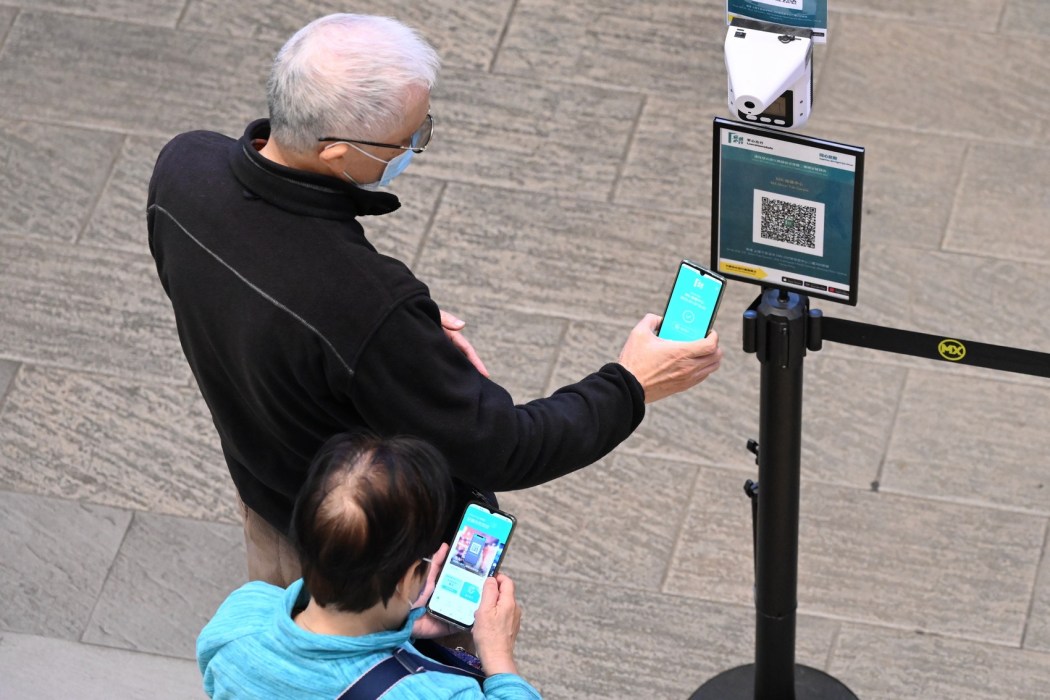
“We analysed data regarding the timing of imported cases and – under the principle of preventing imported infections from spreading to the community – assessed how to effectively reduce the effect of quarantine on livelihoods, the economy and international connectivity,” Lo said.
The chief executive said the introduction of the “3+4” hotel quarantine arrangement was an “important part” of the government’s fight against the epidemic.
He added that there were five “points” authorities considered when it came to Covid-19 policies, including balancing health risks and economic interests, reducing related deaths and “not lying flat.”
Hotel bookings
According to Deputy Secretary for Health (Special Duties) Vincent Fung, those who have already booked their seven-day hotel quarantine stays do not need to change their reservation.
“They can use their existing documents to check in… and under this new arrangement, after completing all the required tests, they can leave early,” he said.
Fung added that hotels were required to refund the fee for the outstanding nights to travellers, but asked for patience as hotels would need some time to process the large volume of refunds upon the announcement of the amended hotel quarantine requirement.
Arrivals currently undergoing quarantine will also not have to complete their seven-day stay.
“As for those already staying in the hotels… we will arrange for them to finish all the relevant tests. Upon receiving negative results, they can leave early in batches in an orderly manner,” Fung said.
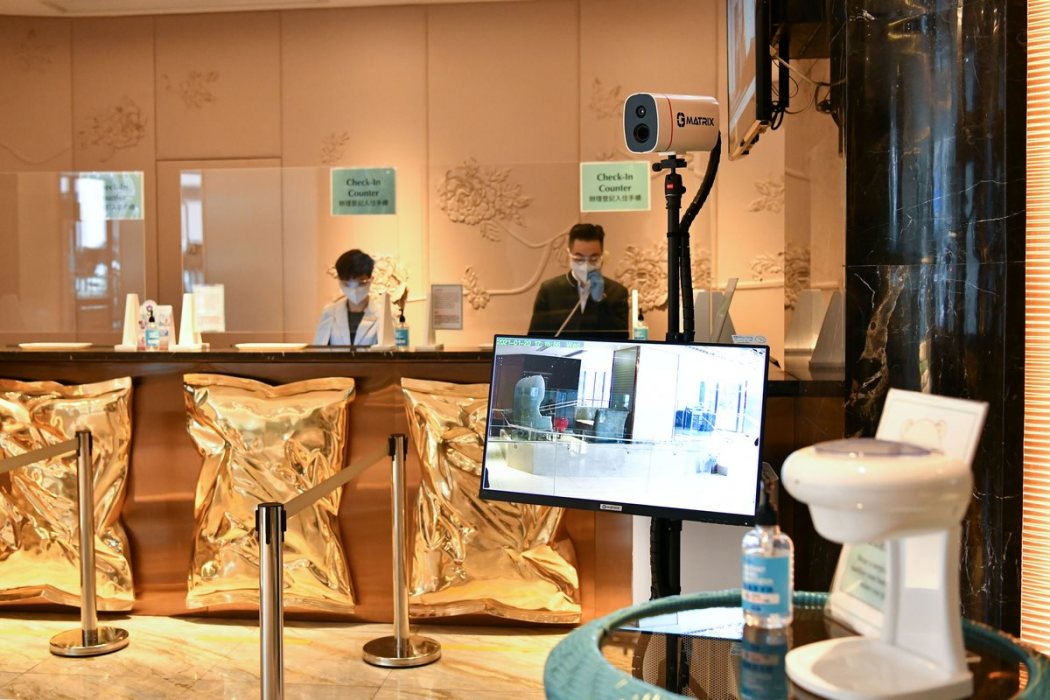
At present, international arrivals who are fully vaccinated must complete seven days of hotel quarantine at their own expense. Besides taking a Covid-19 rapid antigen test every day during their stay, they must also undergo a PCR test on the third and fifth day of their stay, and on the ninth and 12th day after arriving.
Last month, the government announced plans to introduce a Covid-19 health code system to pave the way for relaxing quarantine requirements for travellers.
According to Lo, the government was weighing the prospect of allowing conditional quarantine-free travel by November, in time for a global bankers’ summit scheduled for the start of the month.
‘Off the map’
For more than two years since the start of the Covid-19 pandemic, Hong Kong has maintained some of the strictest measures for travellers.
A controversial flight ban mechanism, under which routes were temporarily halted if at least five passengers – or five per cent of travellers, whichever was higher – saw more than 100 routes temporarily suspended before authorities axed it earlier this month.
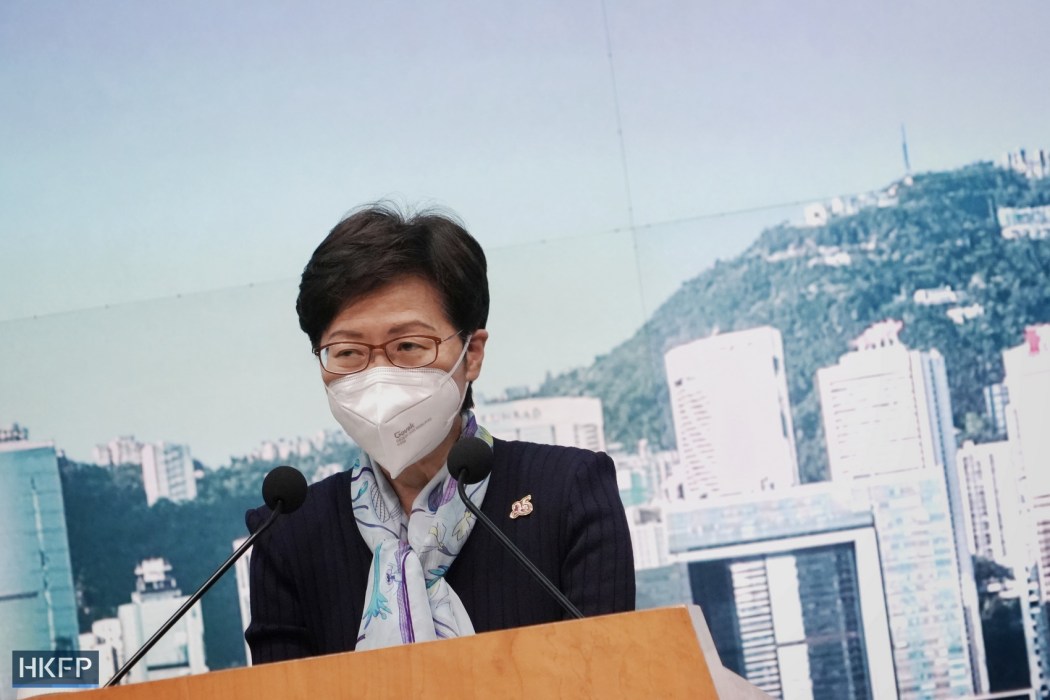
While still in office, former chief executive Carrie Lam defended the bans in response to a warning from the International Air Transport Association that Hong Kong was “effectively off the map.”
The city allowed incoming arrivals to quarantine at home in the early months of the pandemic, but introduced a mandatory 14-day hotel quarantine for arrivals from “high-risk” destinations in July 2020 in a bid to reduce the risk of imported cases spreading to the community. That November, the requirement was expanded to all arrivals from anywhere outside China, before being lengthened to a 21-day stay that December.
Some health experts have criticised the confinement periods for being unnecessarily long.
Last month, Lam conceded that the city’s anti-epidemic strategies had undermined Hong Kong’s status as a global financial hub.
Beijing has called on the city’s new administration, led by Chief Executive John Lee, to enhance the territory’s competitiveness on the international stage.
As of Sunday, Hong Kong has recorded 1,385,242 Covid-19 infections and 9,540 related deaths since the pandemic began.
Support HKFP | Policies & Ethics | Error/typo? | Contact Us | Newsletter | Transparency & Annual Report | Apps
Help safeguard press freedom & keep HKFP free for all readers by supporting our team



